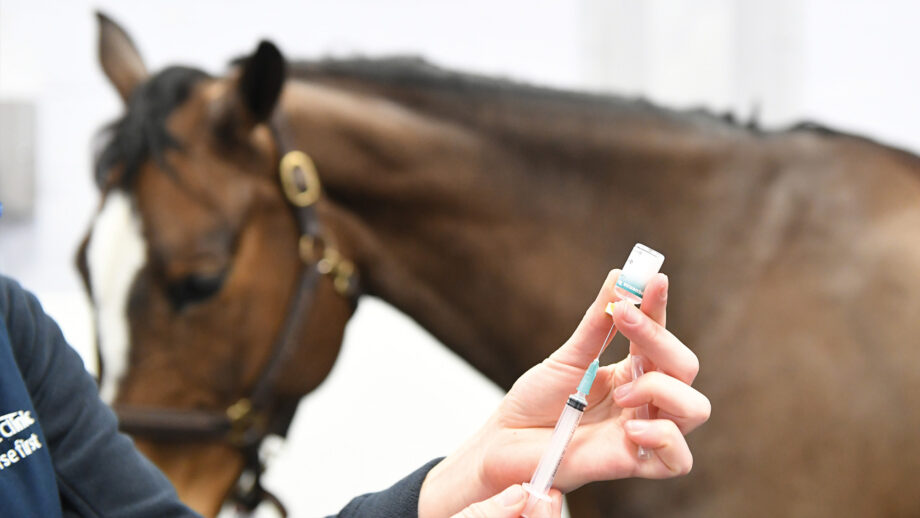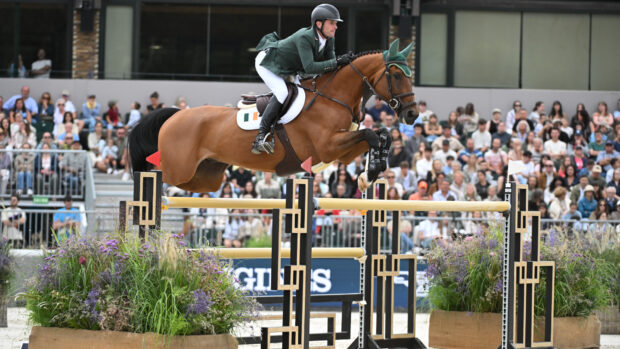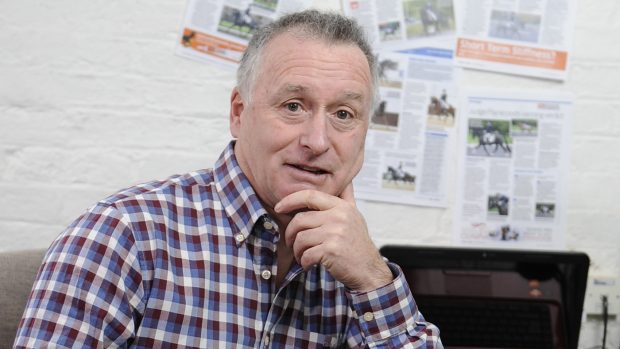An outbreak of equine herpes virus (EHV) has brought a Spanish showjumping tour to a halt – as tracing is under way to find horses who had already left the competition.
The CES Valencia Spring Tour began on 28 January and had been scheduled to run until 14 March but the disease outbreak was reported at the weekend. The competition has now been cancelled. One horse has been taken to a veterinary hospital with neurological signs and 50 horses at the venue have developed a fever. EHV-1 can cause respiratory problems, abortion in pregnant mares and, in rare cases, neurological problems leading to paralysis.
An FEI spokesman told H&H the FEI veterinary department was informed on Saturday (20 February) that four horses who had left the venue on 14 February became sick shortly after returning to their home country, and subsequently tested positive for EHV-1. The FEI was unable to confirm to H&H which countries the horses had returned to owing as this is confidential medical information.
“We are not aware of any horses currently onsite in Valencia that have tested positive to EHV, however we were informed that there were 50 horses at the venue with fever on Sunday (21 February) night. One horse with neurological signs was referred to a veterinary hospital and is currently receiving treatment,” said the spokesman.
“In accordance with the FEI veterinary regulations horses that have attended Valencia since 1 February 2021 are blocked in the FEI database and will not be permitted to enter any FEI events until they have fulfilled the necessary testing requirements.”
The spokesman added any horse travelling with a fever is not only a potential carrier and therefore likely to spread the virus to all other horses in the transport, but is at increased risk of developing shipping fever or the more serious neurological form of EHV.
“It is also a violation of EU transport legislation to travel with a sick horse, except for transport to veterinary facilities. Only symptom-free horses should travel and horses leaving Valencia must have their temperature taken prior to travel,” said the spokesman.
Yesterday (22 February) a British Equine Veterinary Association spokesman said 150 horses remain at the venue and are subject to biosecurity measures and testing under the direction of FEI vets and the local veterinary authority.
“All athletes whose horses have attended and left the event since 1 February 2021 are being traced,” said the spokesman.
Continued below...

Equine herpes virus – all you need to know right now

Horse & Hound’s definitive guide to equine vaccinations

Subscribe to Horse & Hound magazine today – and enjoy unlimited website access all year round
The CES Valencia Spring Tour show director Charo Ortells Torregrosa said the venue must wait for results from the laboratory in the following days.
“With tears in my eyes, I must say that this situation has affected all the riders and the organising committee,” he said. “We have all been victims of a contagious virus that has made us have to suspend the competition in the middle of the fourth week.
“We want to thank our team so much for how they have handled this in the best possible way, the veterinarians of the contest for their work and dedication, and those riders who have been aware of the seriousness of the matter and have supported us and respected our difficult decisions. We will keep you informed of the situation.”
Horse & Hound magazine, out every Thursday, is packed with all the latest news and reports, as well as interviews, specials, nostalgia, vet and training advice. Find how you can enjoy the magazine delivered to your door every week, plus options to upgrade to access our H&H Plus online service which brings you breaking news as it happens as well as other benefits.



